[Extract from ESCAP Virtual Conference 2003]
PNG: Bottle reuse and drink can recycling in Port Moresby
Refunds for returned bottle paid by PNG Bottle Industry Pty Ltd. is K1.50 for a 285ml Coke bottle, K1.70 for a 285ml Pepsi bottle and K1.20 for an SP beer bottle. The use of returnable bottles is cheaper in economic and energy terms than non-returnable bottles or cans. Therefore PNG Bottle Industry Pty Ltd has an incentive to offer refunds. The average returnable rate for bottles is 85% within the country, while in Port Moresby, it can be as high as 90%, i.e. the same bottle is reused about 9 times.
Aluminum cans cannot be re-used but the raw material, aluminum, is valuable. The strength of the overseas aluminum market allows the recycling companies to offer reasonable refunds. PNG Recycling exported 13,000 tonnes of cans in 1997. Given a price of US$1,050 per tonne for packed cans, the company could have earned over US$13 million in foreign exchange. The high level of reuse and recycling means that resources are conserved and the waste stream reduced. Recycling also has social benefits in the form of income redistribution of sections of the population with no formal employment.
[http://www.unescap.org/drpad/vc/orientation/M5_anx_6.htm]
Saturday, May 1, 2010
Subscribe to:
Comments (Atom)


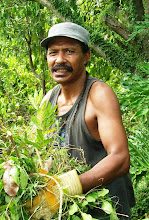

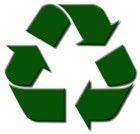


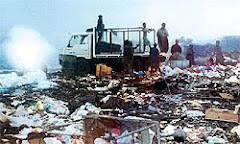
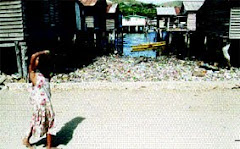
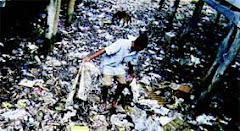

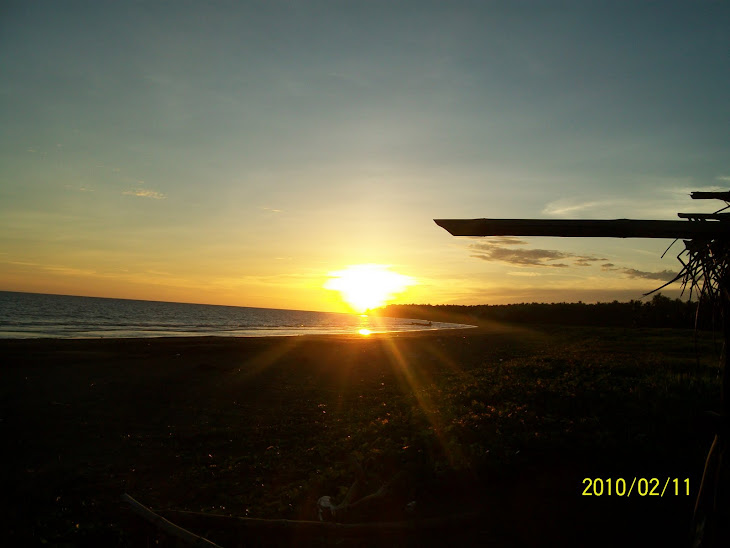.jpg)